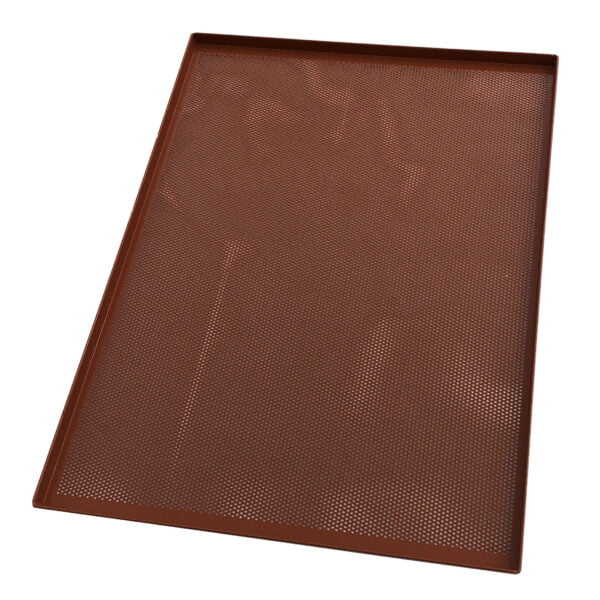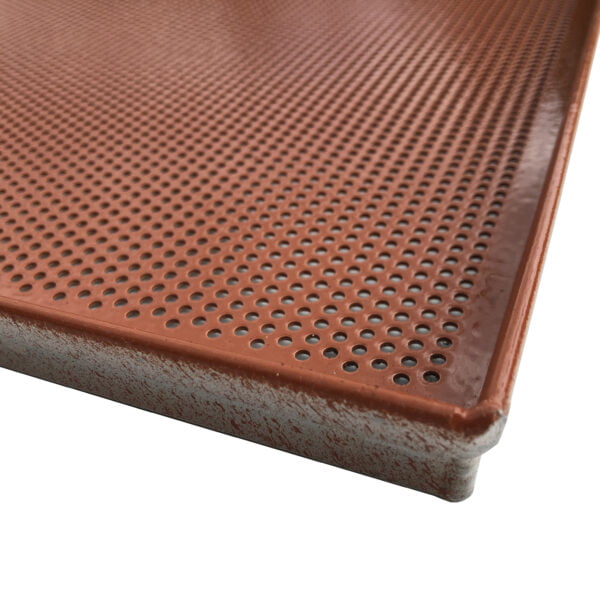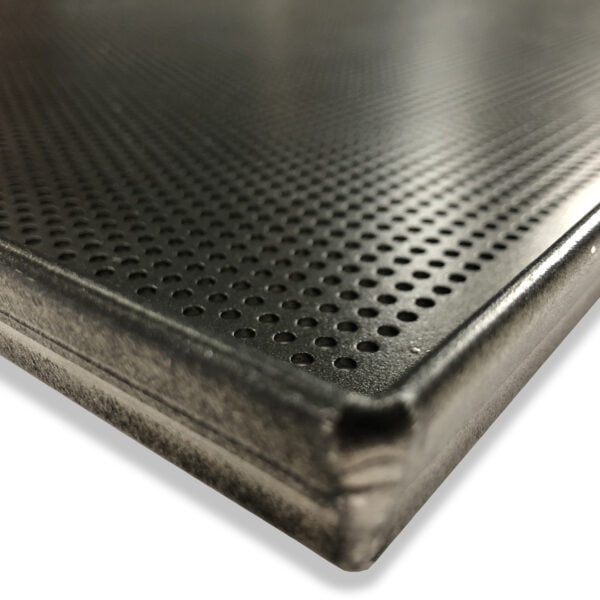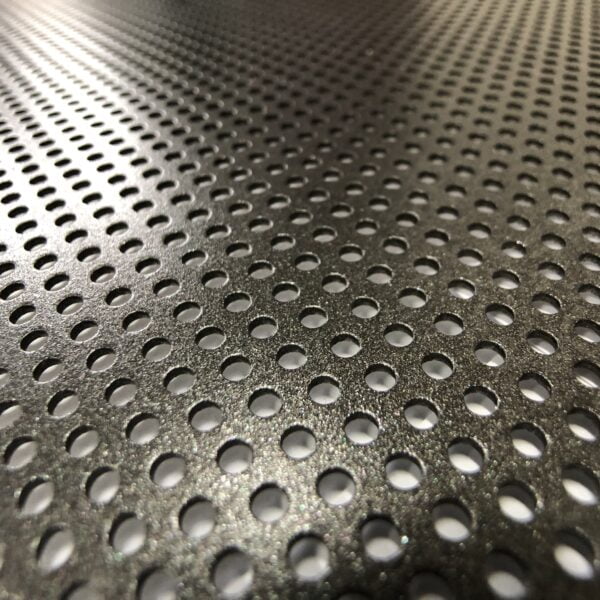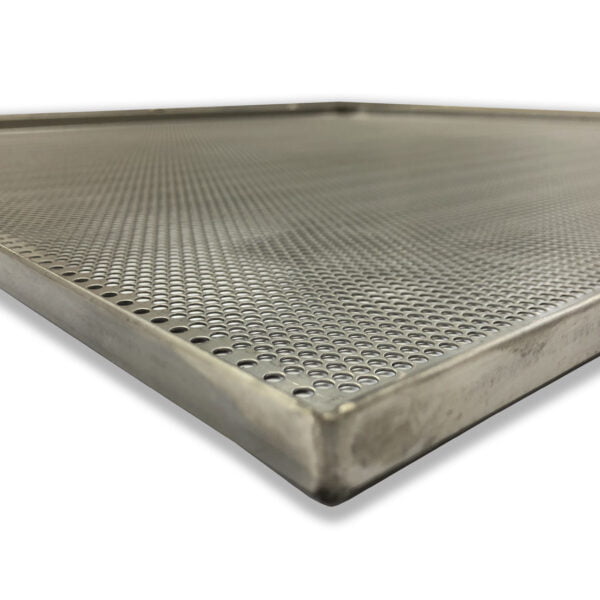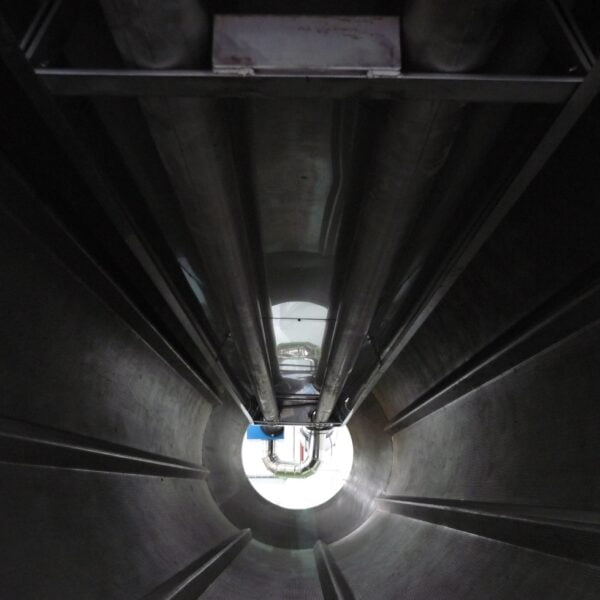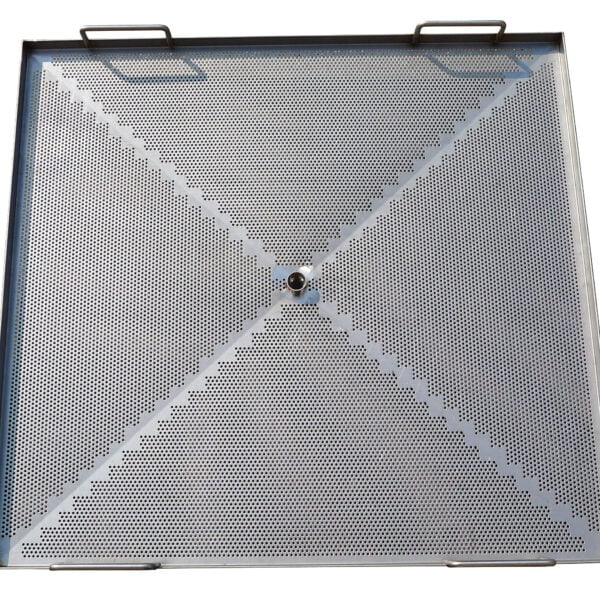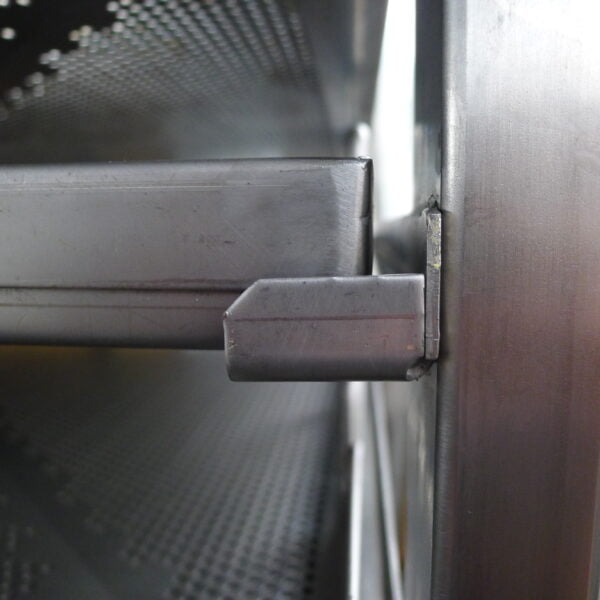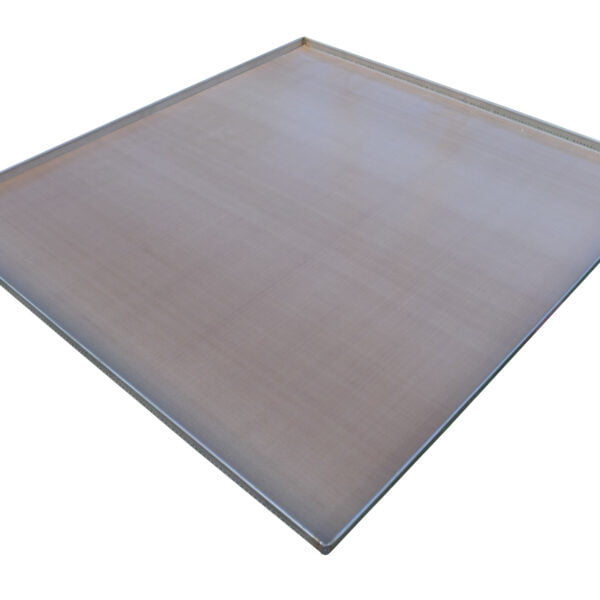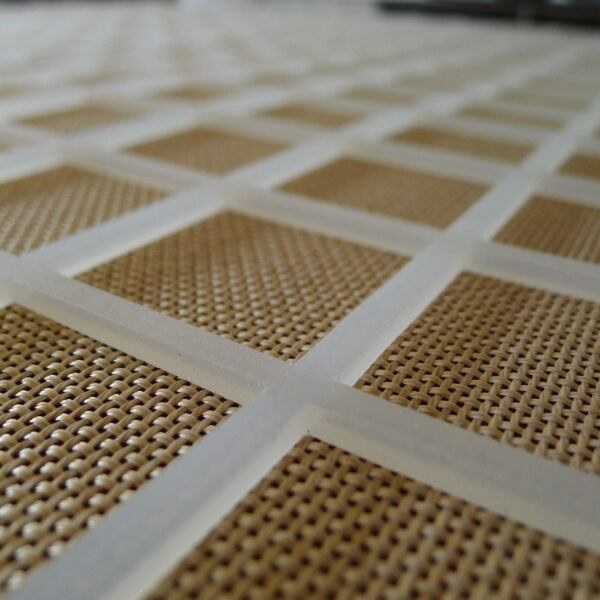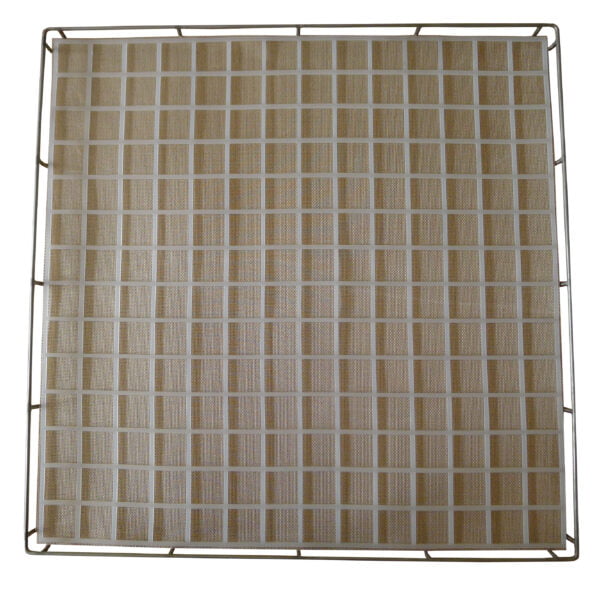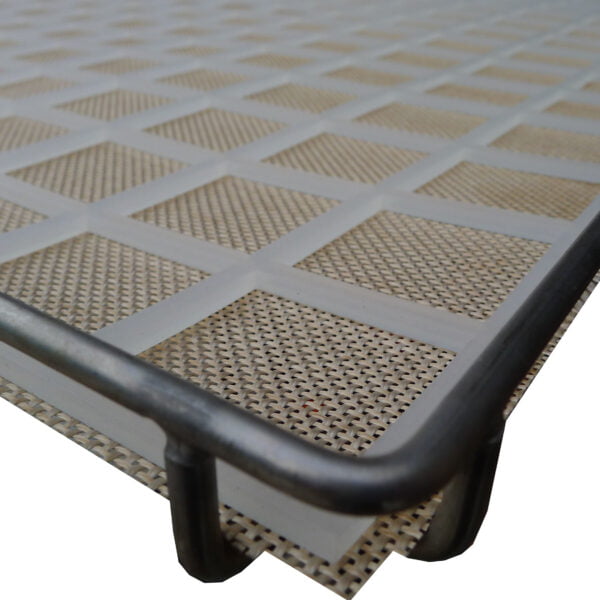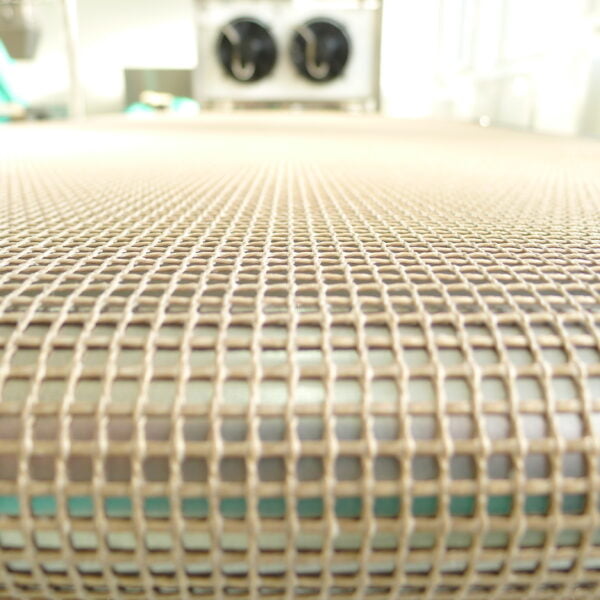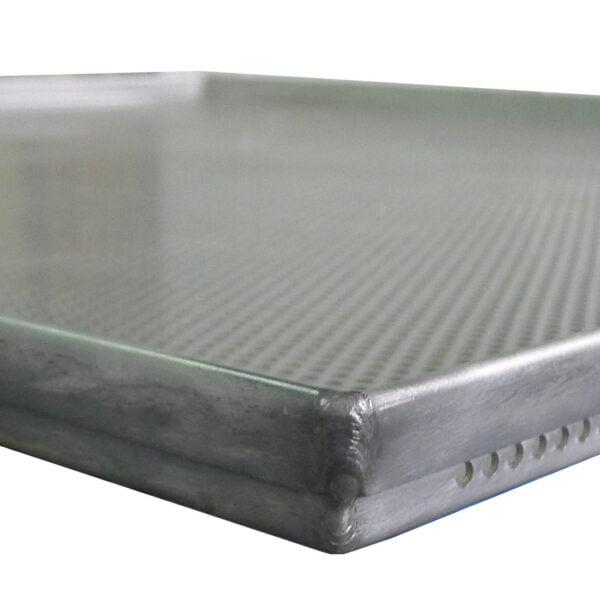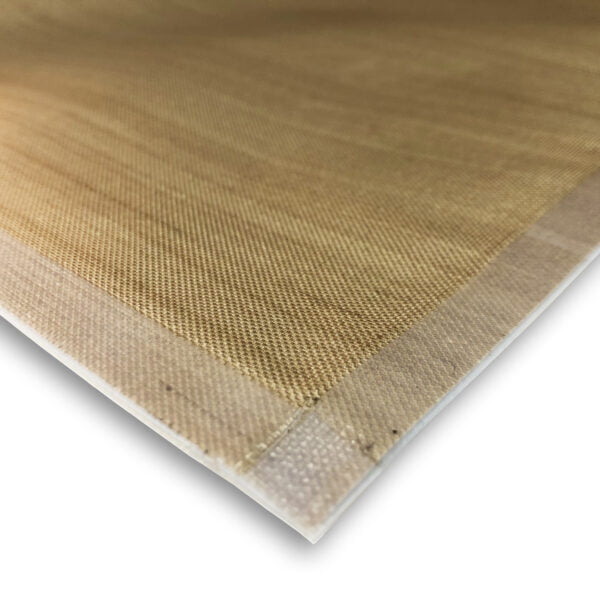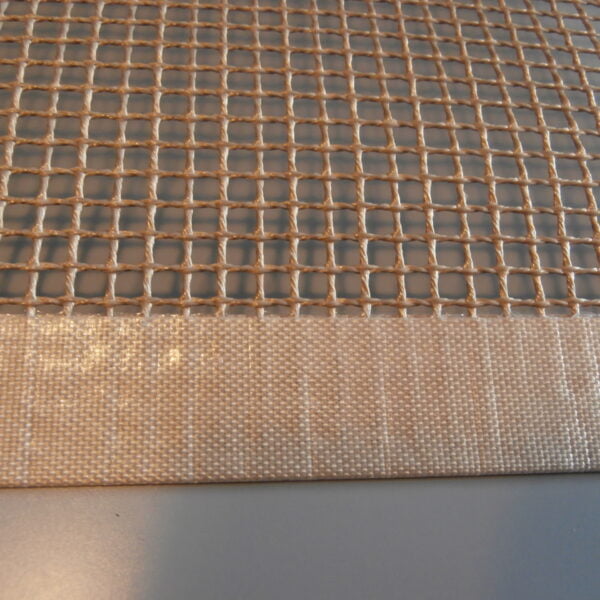We invite you to explore our offerings and the technology we use. We specialize in designing and manufacturing equipment for drying food, chemical, and pharmaceutical products. Our dryers and devices are made from the highest quality stainless steel, an exceptionally durable material that meets stringent hygiene requirements.
We offer the following types of dryers:
- Trolley dryers;
- tray dryers;
- vacuum dryers;
- infrared dryers;
- conveyor dryers;
- drum dryers.
The dryers can operate in a continuous or batch cycle, with each of them serving a different purpose. The technologies used are the result of years of experience from our engineering team, including equipment selection and research. We understand the needs of various industrial sectors, including processes that require heat treatment of materials. We create designs tailored to the customer’s requirements.
We construct ATEX-compliant devices used, among other purposes, for the evaporation of solvents from paints, lacquers, resins, powders, and other chemical substances. ATEX dryers can be employed in the pharmaceutical industry for drying, evaporation, and disinfection of various substances, medicines, or plant extracts. In the presence of flammable substances, controlled drying in a safe environment minimizes the risk of explosion or ignition. ATEX dryers are also used in the petrochemical industry, where they can be utilized for drying, evaporation, and processing of substances such as oils, fuels, or greases. Controlling drying conditions in a safe environment plays a crucial role in these processes.
Our dryers are characterized not only by excellent craftsmanship but also by the highest level of automation. Thanks to advanced control and monitoring systems, the devices are easy to operate and provide precise control over the drying process. Top-level automation saves time and resources while ensuring optimal drying quality. We also offer the option to equip the dryers with online control via a computer, tablet, or even a smartphone.
In our devices, we implement heat recovery systems, allowing us to achieve high efficiency rates with low fuel consumption. We also provide the option to integrate the system with renewable energy sources (such as a cogeneration system powered by biogas from sludge fermentation or with solar and wind energy).
Dryers can be powered by heat pumps, which results in low energy consumption during the water evaporation process and provides ergonomic benefits. In an installation with heat pump, the drying air circulates in a closed loop, making the entire process independent of ambient conditions and ensuring airtightness. The cooling capacity of the heat pump system is used for dehumidifying the process air exiting the drying chamber, while the heating capacity is employed to raise the temperature of the dehumidified and cooled air returning to the drying chamber.
Kładziemy nacisk na innowacje. Nieustannie śledzimy dynamicznie zmieniające się potrzeby rynku. Stale pracujemy nad doskonaleniem naszych urządzeń. Wprowadzamy nowe technologie, aby zapewnić klientom najlepsze rozwiązania w dziedzinie suszenia.
If you are looking for equipment for drying food, chemical, or pharmaceutical products, EAPOL is an excellent choice. We invite you to get in touch and take advantage of our services. We guarantee top-quality equipment with the highest level of automation.
Customer trust is paramount to us. We provide comprehensive technical and service support, backed by a 2‑year warranty on our products. The years of experience of our engineers and the satisfaction of companies using their designed equipment speak to our reliability and professionalism.
We are a manufacturer of perforated and solid drying trays:
- made of stainless steel AISI 304 or acid-resistant AISI 316L;
- aluminum;
- rod grill;
- coated with silicone or Teflon;
- made of fiberglass coated with Teflon;
- mesh trays for grains, powders, and other delicate materials.
The choice of the appropriate type of drying trays depends on the specific needs and requirements of the dryer as well as the material intended for drying.
We offer trays in various sizes and shapes, allowing them to be tailored to specific dryers and production needs. Upon the customer’s request, we can design special handles to facilitate loading or fulfill other functions.
Belts in conveyor dryers:
The belts we use can be made from various materials and serve multiple functions, depending on the raw material for drying, process temperature, humidity, and other factors.
- Steel belts: they are durable and resistant to high temperatures, making them ideal for drying large-sized materials. They can be made from various types of steel, such as carbon steel or stainless steel.
- Plastic belts: In belt dryers, we also use belts made from plastics such as polyester (PET), polypropylene (PP), or polyurethane (PU). These types of belts are known for their good tensile strength, wear resistance, and flexibility. They are used for drying at temperatures up to 80°C. These belts, with the appropriate certifications, are suitable for use in food production.
- Silicone belts: They are resistant to high temperatures, non-adhesive, and flexible. They are often used in dryers where there is a risk of materials adhering to the belt.
- PTFE (polytetrafluoroethylene) belts: Due to their exceptional properties, PTFE belts are a popular choice in belt dryers. These belts are suitable for use at high temperatures, are non-adhesive, and have excellent chemical resistance. PTFE belts are often used in the food, chemical, and pharmaceutical industries when drying delicate materials prone to sticking.
- Glass fiber belts: They are known for their excellent resistance to high temperatures. They are also used in dryers where processes requiring special heat protection occur. Glass fiber belts are corrosion-resistant and resistant to the chemical effects of various substances.
- Polyurethane belts: They are known for their flexibility and wear resistance. They are used for drying materials such as films, fabrics, fibers, or plastic pieces.


